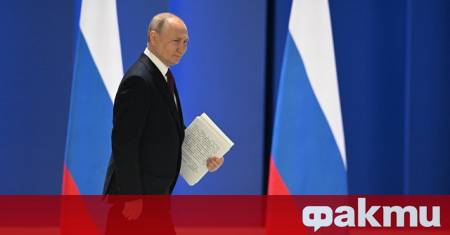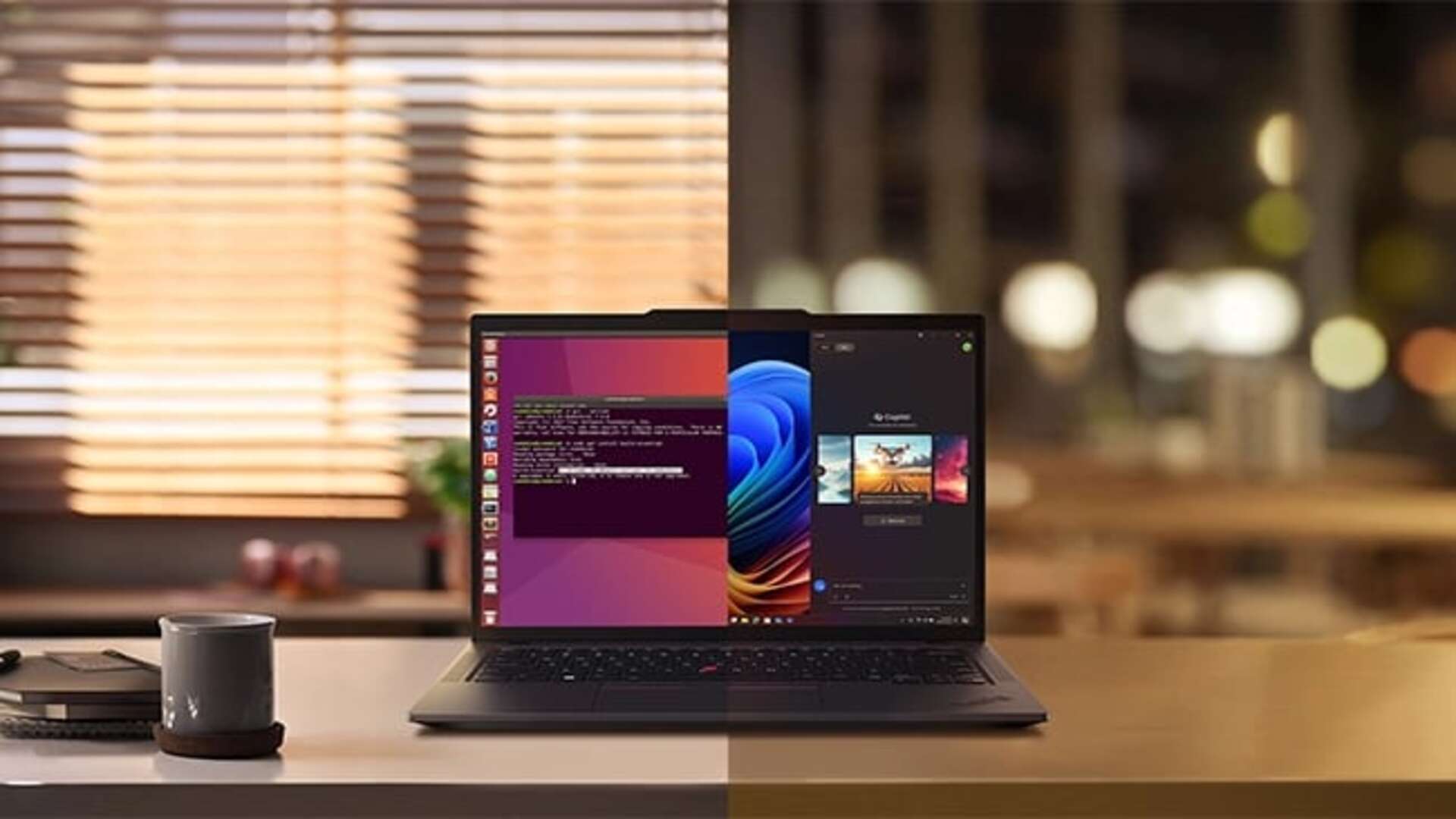Putin Unveils “Grand Plans” with China Amidst Shifting Space Race Dynamics
By archyde.com News Desk
Russian President vladimir Putin has announced enterprising space collaboration plans with China, signaling a strategic realignment in teh global space race. This comes as the future of the International Space Station (ISS) hangs in the balance and European partnerships wane. But is this a genuine leap towards new frontiers,or a geopolitical chess move?
A New Space Alliance Takes Shape
In a recent address,President Putin highlighted the burgeoning space partnership between Russia and China,describing it as having “big plans – interesting,good and grand.” This collaboration aims too explore “distant space, including missions to the moon and Mars,” according to Reuters. This announcement arrives at a pivotal moment, as the existing world order in space exploration faces critically important shifts.
Russia and China have “grand plans” for space cooperation.
Vladimir Putin, President of Russia
While the specific details of these grand plans remain somewhat opaque, the implications are clear: Russia is actively seeking choice partnerships to offset strained relationships with Western nations. The focus on lunar and Martian missions suggests a long-term commitment to deep space exploration, perhaps challenging the dominance of the United States in these domains.
The ISS: A Crossroads of Cooperation and Uncertainty
For decades, the International Space Station has served as a beacon of international collaboration, bringing together the United States, Russia, Europe, Japan, and Canada. Though, the future of the ISS is uncertain. Putin acknowledged ongoing discussions about “how it should finish our work and what to do next,” emphasizing that “work will continue, including new partners.”
Despite geopolitical tensions, cooperation between the U.S. and Russia on the ISS continues, albeit with a sense of unease. “As for collaboration with othre countries, with the United States, I have already said it is going on,” Putin stated.”The International Space Station has been created and works.”
The elephant in the room is the future of the ISS after 2030, the date to which President Biden has committed to extending the ISS program.Russia has previously hinted at withdrawing from the ISS program, raising concerns about the station’s long-term viability.
Europe Steps Back, Russia Looks East
Putin took aim at European space agencies, asserting that they “have decided to stop it. this is thier own choice.” He contrasted this with continued, albeit perhaps diminishing, cooperation with the United States. “In fact, the americans continue cooperation in space. No matter what, it continues,” he said, according to TASS.
However, putin also claimed that “Although our European partners have interrupted their collaboration with us… Russian equipment has been working at their stations, on their sites so far, including, if I’m not mistaken, about Mars research and so on.” This assertion warrants careful scrutiny, as it potentially overstates the level of ongoing collaboration.
The European Space Agency (ESA) has indeed scaled back cooperation with Russia following the invasion of Ukraine. Key missions, such as the ExoMars rover, have been put on hold, and alternative launch providers are being sought for future projects.
The Musk Factor: Innovation and Inspiration
Putin drew a parallel between Elon Musk and Sergei Korolev, the pioneering Soviet rocket engineer who spearheaded the Sputnik and Vostok programs. “You know that there is a man in the US, Musk who can say is possessed by the idea of Mars. These people are very rare, captivated by a particular idea,” Putin said during a meeting with students from the Moscow State Technical University of Bauman.
Putin’s comparison highlights the importance of visionary leadership and technological innovation in driving space exploration. Musk’s SpaceX has disrupted the space industry with reusable rockets and ambitious plans for Mars colonization, challenging the established norms of government-led space programs.
However, the comparison also carries a subtle implication: that Russia needs its own “Musk” – a champion of innovation to revitalize its space program and maintain its competitive edge.
Quantum Tech: russia’s next Frontier?
Beyond traditional rocketry, Putin emphasized the strategic importance of quantum technologies, stating that they “give a tangible advantage and Russia should take advantage of this.” He added,”We have started these studies a long time ago and have already used them in many industries. I think the benefits given by quantum technology, undoubtedly, as well as artificial intelligence, should be used much more widely in achieving the final results of technological progress.”
Quantum computing and quantum dialog could revolutionize space exploration by enabling faster data processing, secure communication channels, and more precise navigation. Russia’s focus on these technologies signals a desire to leverage cutting-edge science to gain a competitive advantage in the space race.
BRICS and Beyond: A Multipolar Space Order
Putin also mentioned potential collaboration with other BRICS nations – India, South Africa, Brazil – indicating a broader effort to forge a multipolar space order.This could involve joint projects, resource sharing, and the development of common space infrastructure.
This strategy reflects a broader geopolitical trend: the rise of non-Western powers in space exploration,challenging the traditional dominance of the United States and Europe.
Analysis: Implications for the US
Putin’s announcements underscore several key implications for the United States:
- Increased Competition: The growing space partnership between Russia and China represents a significant challenge to U.S. dominance in space exploration.
- ISS Uncertainty: The future of the International Space Station remains uncertain, potentially requiring the U.S. to develop alternative strategies for maintaining a human presence in orbit.
- Technological Imperative: The U.S.must continue to invest in cutting-edge technologies, such as quantum computing and AI, to maintain its competitive edge in the space race.
- Geopolitical Realignment: The rise of a multipolar space order requires the U.S. to adapt its diplomatic and strategic approach to space exploration.
FAQ: Russia’s Space ambitions
- Is Russia leaving the ISS?
- The situation is fluid. Russia has hinted at withdrawing but continues to participate. The future beyond 2030 is unclear.
- What are Russia and China planning together?
- Missions to the Moon and Mars, and exploration of “distant space.”
- Why is Europe scaling back cooperation?
- Due to geopolitical tensions following the invasion of Ukraine.
- Is Russia’s space program struggling?
- It faces challenges but is actively seeking new partnerships and investing in new technologies.
Table: Global Space Race Players
| nation | strengths | Key Focus |
|---|---|---|
| United States | Private sector innovation, established infrastructure | Lunar missions, deep space exploration, commercial spaceflight |
| Russia | Long history of spaceflight, cosmonaut expertise | ISS operations, lunar missions, quantum technology |
| China | Rapid technological advancements, strong government support | Lunar exploration, space station development, Mars exploration |
| Europe | Scientific expertise, international collaboration | Earth observation, scientific missions, satellite technology |
How does Dr. Petrova’s analysis anticipate future collaborations outside of Russia, China, Europe, India and Brazil, taking into consideration international space initiatives outside the BRICS?
Archyde Interview: Decoding Putin’s Space Ambitions with Dr. anya Petrova
Interviewer: Welcome to Archyde, Dr. Petrova. Thank you for joining us today. Recent announcements from President Putin regarding increased space collaboration with China have certainly caught the world’s attention. As a geopolitical analyst specializing in space strategy, what’s your initial assessment of this developing partnership?
Dr. Anya Petrova: Thank you for having me. The Russia-China space alliance is a strategic realignment, there’s no doubt whatsoever. With waning European partnerships and the future of the ISS uncertain,Russia is clearly seeking to diversify its international space relationships. This represents a significant shift in the global space race, potentially challenging U.S. dominance.
Russia and China’s “Grand Plans”
Interviewer: Putin mentioned “grand plans” for lunar and Martian missions. Beyond the rhetoric, what concrete elements are likely driving this commitment?
Dr. Petrova: The specifics remain vague, but the emphasis on deep space exploration, especially missions to the Moon and Mars, suggests a long-term strategic commitment. They’ll likely pool resources, technology, and expertise. China brings significant advancements in rocketry and infrastructure, whereas Russia adds decades of cosmonaut experience, and access to historic data to the equation. The key aspect is a mutual interest in expanding influence in space and, perhaps, developing alternative space infrastructure.
The ISS and International Partnerships
Interviewer: The International Space Station is at a crossroads. How does this Russia-China partnership effect the ISS and existing collaborations, including those with the United States?
Dr. Petrova: The situation is complex. While cooperation with the U.S. on the ISS continues for now,the long-term viability is uncertain,particularly after 2030. Russia’s hints at withdrawing from the ISS program highlight this. This new deal could be a step toward establishing alternative orbital infrastructure or the development of a new, Russia-China-led space station which is crucial for thier long term goals.
Europe’s evolving Role
Interviewer: You mentioned European partnerships. With reduced ESA engagement,what are the implications of europe stepping back,and what does this signal for future space collaborations?
Dr. Petrova: Europe’s scaling back, due to the crisis in Ukraine makes Russia seek other opportunities.This doesn’t erase the expertise and the history of collaboration with Europe, but is a major geopolitical shift in how Russia will be doing things in space from now on.For the EU, a more independent path of exploration is expected. This signals a need for diverse partnerships, which is a reflection of broader geopolitical trends.
The “Musk Factor” and Innovation
Interviewer: Putin compared Elon Musk to Sergei Korolev, the Soviet rocket engineer. What’s implied by this comparison in the context of Russia’s space ambitions?
Dr. Petrova: That’s a fascinating point! Putin highlights the need for visionary leadership and technological innovation to reinvigorate their space programs. The comparison to Musk suggests Russia desires its own innovation champion – someone who can challenge established norms and foster technological progress. It’s a call to action, implicitly acknowledging the need for revitalization within the Russian space sector.
Quantum Tech: A New Frontier?
Interviewer: putin emphasized the importance of quantum technologies. How might quantum computing revolutionize space exploration,and what competitive advantages could it bring?
dr. petrova: Quantum technologies are game-changers. Faster data processing, secure dialog channels, and enhanced navigation are just the beginning. The potential for more precise navigation and secure communication channels in deep space is immense.If Russia can master these advancements,it could seize a significant competitive advantage in the space race. It is a technological imperative for future space explorations.
Geopolitical Implications and the BRICS Alliance
Interviewer: Putin also mentioned potential collaborations with other BRICS nations like India, South Africa, and Brazil. This points to a broader multipolar space order. What strategic advantages could this bring to Russia?
Dr. Petrova: It strategically dilutes the dominance of the West in space exploration. Sharing resources, expertise, and infrastructure allows emerging space powers to collectively challenge the status quo. It’s a significant push for a multi-polar space order, reflecting broader geopolitical shifts aimed at increased influence and partnerships, and access to valuable resources and technologies.
U.S. Implications and future Outlook
Interviewer: looking at the U.S., what are the key implications of these developments?
Dr. Petrova: Increased competition is one. The U.S. dominance in space exploration, which will require greater investment in cutting-edge tech like Quantum Computing and AI. At the same time geopolitical realignment is required. The U.S. may need to modify its strategic and diplomatic approach to space exploration with the rise of a multipolar space order. The future of the ISS needs alternative strategies.
Interviewer: In your opinion,what’s the most significant question surrounding this new partnership,and what should Archyde readers be watching for in the coming months?
dr. Petrova: The most significant question is whether the specific,ambitious goals,such as,creating their own space station can truly be achieved by this partnership. Readers should be keeping a close eye on the details of these “grand plans as they emerge, as well as the level of investment and commitment each partner ultimately brings to the table. Also, the advancements by other nations, like India and the ESA, is another significant thing to keep an eye on. It’s a dynamic landscape, and these are the parameters that will shape the future of space exploration.
Interviewer: Dr. Petrova, thank you for your insightful analysis. It’s been a pleasure speaking with you.
dr. Anya Petrova: The pleasure was mine.







